Research-led teaching on Sociology and Criminology
Sociology and Criminology at Goldsmiths are taught by researchers from across the Department of Sociology, each with their own specialism. Here is just a taste of how our research informs our teaching.
Explore our research in the area of Sociology and Criminology:
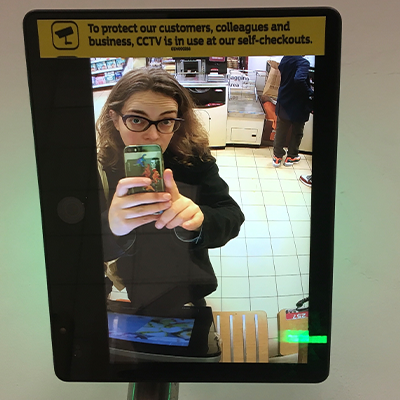
Introducing Dr Jennifer Fleetwood, Convenor of BA Criminology
Dr Jennifer Fleetwood is a criminologist interested in why people break laws. Her research especially looks at women’s involvement in the drug business, including international drug trafficking. She is one of the leading proponents of narrative criminology, which seeks to explain crime (and resistance to it) by attending to people’s personal narratives. Jennifer leads Explaining Crime, a core second-year module.
She says: "The 'why' question is fundamental to criminology and the debate is very lively. I want students to see themselves as part of that conversation, not as an observer to academic debate but as theorists in training.”
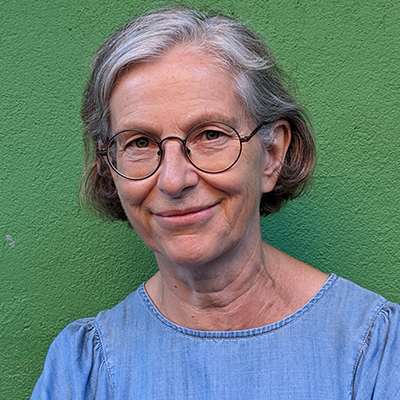
Spotlight on citizenship
Professor Kate Nash is a sociologist working on citizenship and human rights. It’s an area of study that’s in the news every day. Studying citizenship and human rights in Kate’s third-year module means going behind the news: to learn about the rights of migrants and refugees, how class inequalities have been addressed, the impact of the British Empire, dilemmas of gender and rights – and much more.
Why do rich people want to become British citizens? Why do poor people? How do you get citizenship? When did it become possible to lose British citizenship – and who should fear it happening to them?

Spotlight on crime and cities
Dr Theo Kindynis is a cultural criminologist at Goldsmiths. He is interested in deviant subcultures and how they use and think about urban space. His research has looked at graffiti writing, urban exploration and shoplifting.
Theo teaches Crime, Control and the City, a third-year option module. He says: "This module looks at crime, policing and the city and how all three are interrelated. We look at topics including the 2011 riots, pirate radio, graffiti writing, the militarised policing of protest, facial recognition CCTV, shoplifting, the social media spectacle of illegal ‘urban exploration’, anti-homeless spikes, and the Grenfell Tower fire.
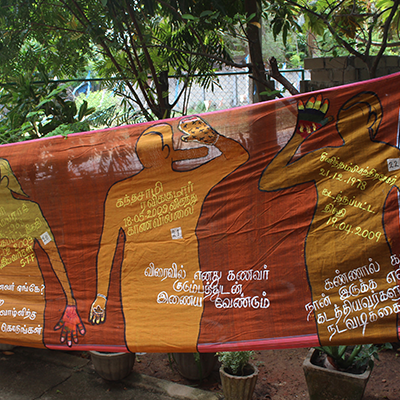
Spotlight on law and contemporary society
Dr Kiran Grewal is the convenor of the MA in Human Rights, Culture and Social Justice and co-director of the Unit for Global Justice at Goldsmiths. Formerly a lawyer, Kiran’s research looks at how different groups in society engage with the law.
Kiran runs the second-year module, Law and Contemporary Society. In this module, you'll look at the ways in which law interacts with a range of social institutions, processes and debates. Examples include how the law views and regulates the body or the family and how this relates to societal attitudes and practices.
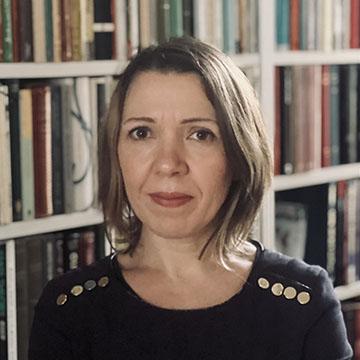
Spotlight on migration
Dr Sara Farris is a sociologist and Chair of the Anti-racism Committee in the Sociology Department. Her work explores the role that migrant and racialised workers play within the social care sector. She is well known internationally for her research on "femonationalism" - the mobilisation of feminist ideas by nationalist political parties within their anti-immigration campaigns.
Sara leads the third-year optional module Migration, gender and social reproduction. This module will challenge you to think about the contradictions that emerge from the centrality of care in our societies, and the low pay and low consideration given to care workers within our economies.
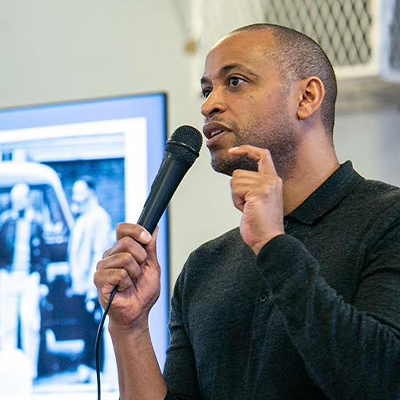
Spotlight on race and racism
Dr Brett St Louis is a sociological theorist, specialising in race, ethnicity and racism. His work focuses on how racial categories function within society and the practical impact that ideas about race have on individuals and groups. His current research includes an examination of the category BAME (Black, Asian and minority ethnic). Despite being often criticised as crudely combining diverse ethnocultural groups, BAME nevertheless remains useful as a means to aggregate experiences of discrimination in order to demonstrate statistically significant instances of racism and ethnic inequality.
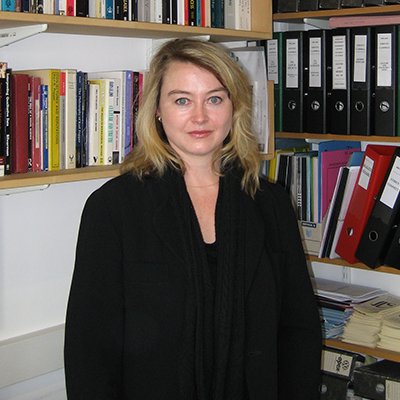
Spotlight on law and identity
Professor Kirsten Campbell is a sociologist and lawyer working on sexual and gender-based crimes in international criminal law. She is a leading expert in this area and has worked on policy and practice with non-governmental organisations, the UN, the UK and the EU.
Kirsten convenes the third-year option course, Law, Identity and Ethics. In the course, you explore key debates about law and identity. How does law construct identity? Does law only reflect the interests of powerful social groups, or can it help change social inequalities? What kinds of justice does law provide?